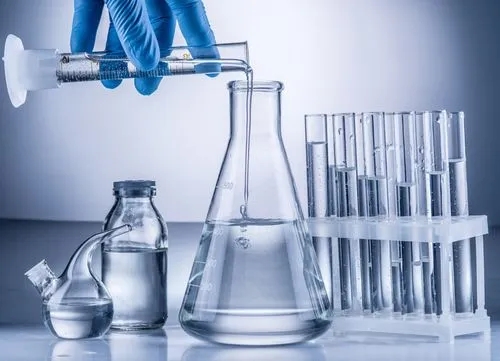Phospholipid catabolism
Time:2024-01-11
Phospholipid catabolism refers to the breakdown of phospholipids, which are essential components of cell membranes.Catabolism involves the sequential degradation of phospholipids into simpler molecules, releasing energy and producing metabolites that can be used by the cell.The catabolic process of phospholipids typically occurs in response to cellular needs, such as energy production or the recycling of membrane components.
The initial step in phospholipid catabolism involves the action of phospholipase enzymes. Phospholipases cleave specific bonds in the phospholipid molecule, releasing fatty acids and other hydrophilic components.
Phospholipases hydrolyze the ester bonds in phospholipids, leading to the release of fatty acids. Phospholipases can be specific to certain types of phospholipids, such as phosphatidylcholine or phosphatidylethanolamine.
The hydrolysis of phospholipids by phospholipases results in the formation of lysophospholipids, which have a single fatty acid chain attached to the glycerol backbone.
Lysophospholipids can undergo additional enzymatic reactions to break down into glycerol and free fatty acids.Enzymes like lysophospholipase and acyltransferases may be involved in these processes.
Glycerol released during phospholipid catabolism can be further metabolized through glycolysis to generate energy or used in the synthesis of new phospholipids.
The free fatty acids released during phospholipid breakdown can enter the process of fatty acid oxidation.This involves a series of enzymatic reactions in the mitochondria, leading to the production of acetyl-CoA, which can then enter the citric acid cycle to generate energy.
The ultimate goal of phospholipid catabolism is the production of energyThe breakdown of fatty acids through oxidation releases energy in the form of ATP, which can be utilized by the cell for various cellular processes.
Phospholipid catabolism is an essential part of cellular metabolism, ensuring the recycling of membrane components and providing the cell with energy resources.Dysregulation of phospholipid catabolism can have implications for cellular function, including membrane integrity and energy homeostasis.The specific enzymes and pathways involved in phospholipid catabolism may vary depending on the type of phospholipid and the cellular context.


 CN
CN





